Volvo has shown how drivers of its vehicles will be able to shift into autonomous driving modes in the future.
The new interface - dubbed IntelliSafe Auto Pilot - has been shown in action on the Volvo XC90 SUV and features steering wheel-mounted paddles that light up when the car reaches a section of road that has been approved for autonomous driving. These sections of approved road are also shown when a navigation route is programmed at the start of the journey.
When drivers place their hands on the paddles for a given time, the car takes over driving functions for as long as it is travelling on an approved road. A 60-second countdown alerts drivers when autonomous driving functions are being turned off and control is to be handed back to the driver. If the driver fails to regain control of the car, the vehicle brings itself to a halt. The IntelliSafe system uses a series of radars, cameras and laser sensors that allow the car to 'read' the road ahead.
The system will be tested in a series of wide-scale autonomous driving trials, which are scheduled to start in Gothenburg in 2017 as part of the Drive Me project. A group of 100 XC90s - all fitted with the autonomous driving software - will be driven on around 30 miles of selected roads.
Volvo design boss Thomas Ingenlath said: "We have designed a user interface that is safe and seamless to use so that drivers can confidently transfer and regain control of the car.”
Announcing the Drive Me project earlier this year, Volvo revealed that the XC90s used in the autonomous trials will be owned by customers, with the first owners due to be recruited next year. The trials are due to last until 2019, with 2020 being set as a "realistic target" for the first production vehicles.
Read more:
Volvo to launch new self-driving car trials
Blog - A ride in a self-driving Volvo proves autonomous tech is already here

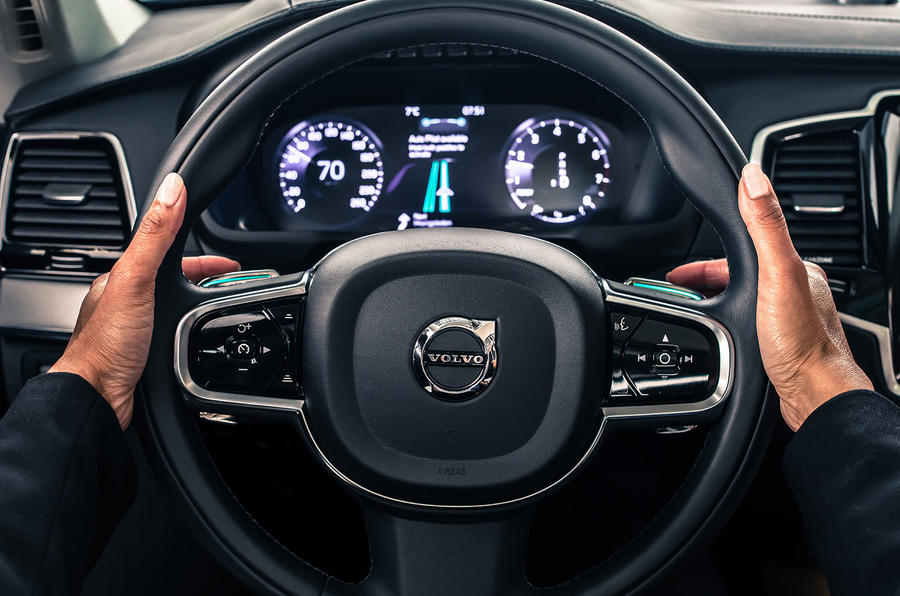
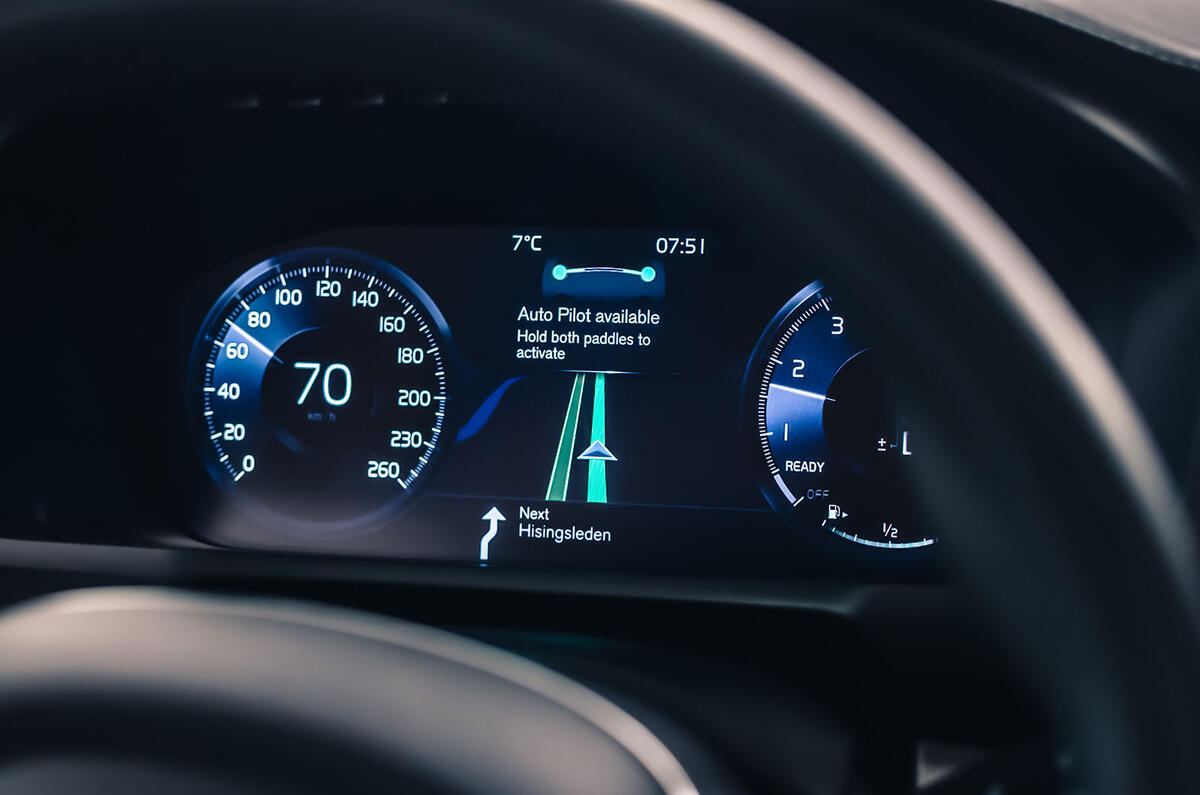
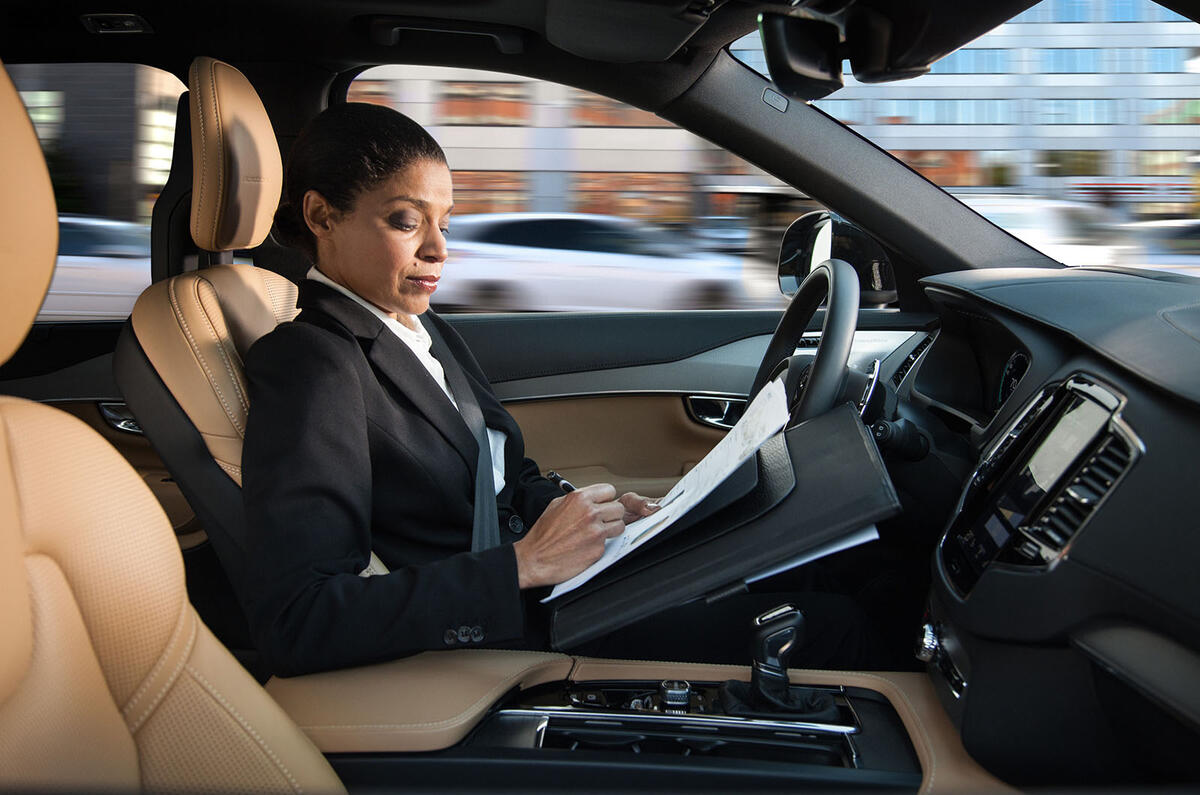
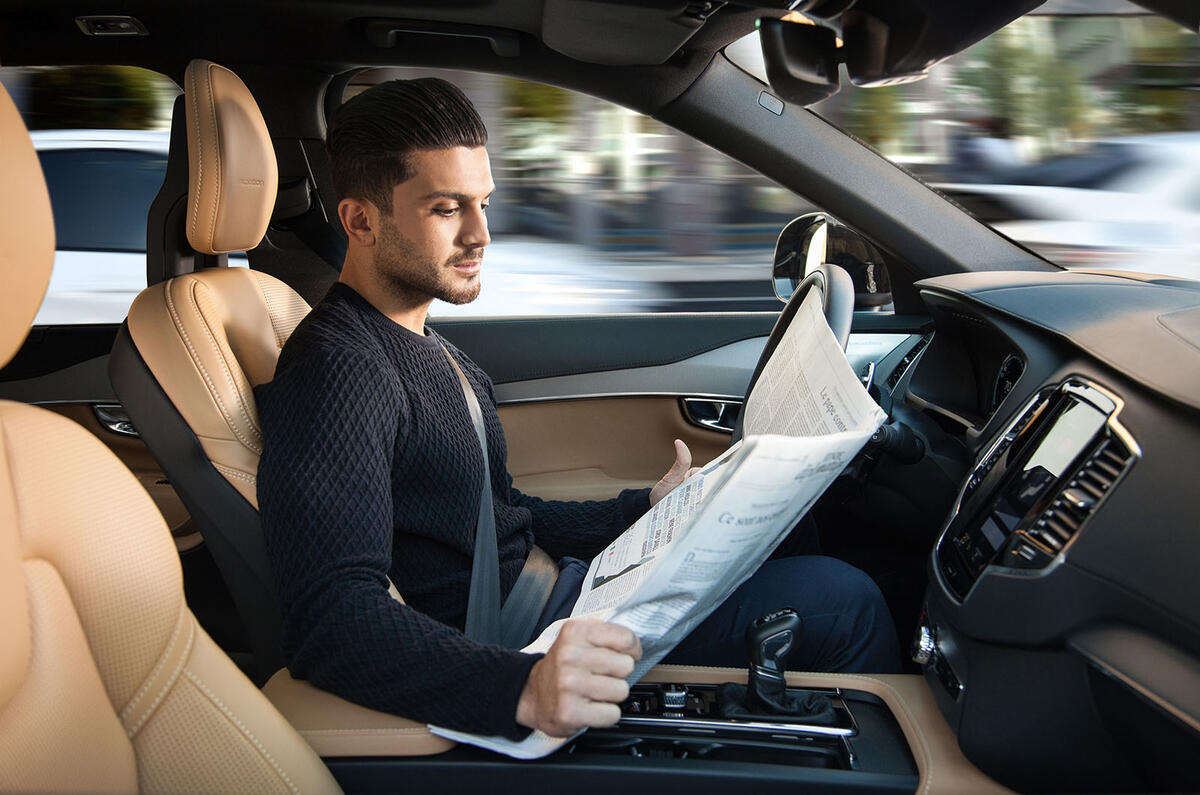
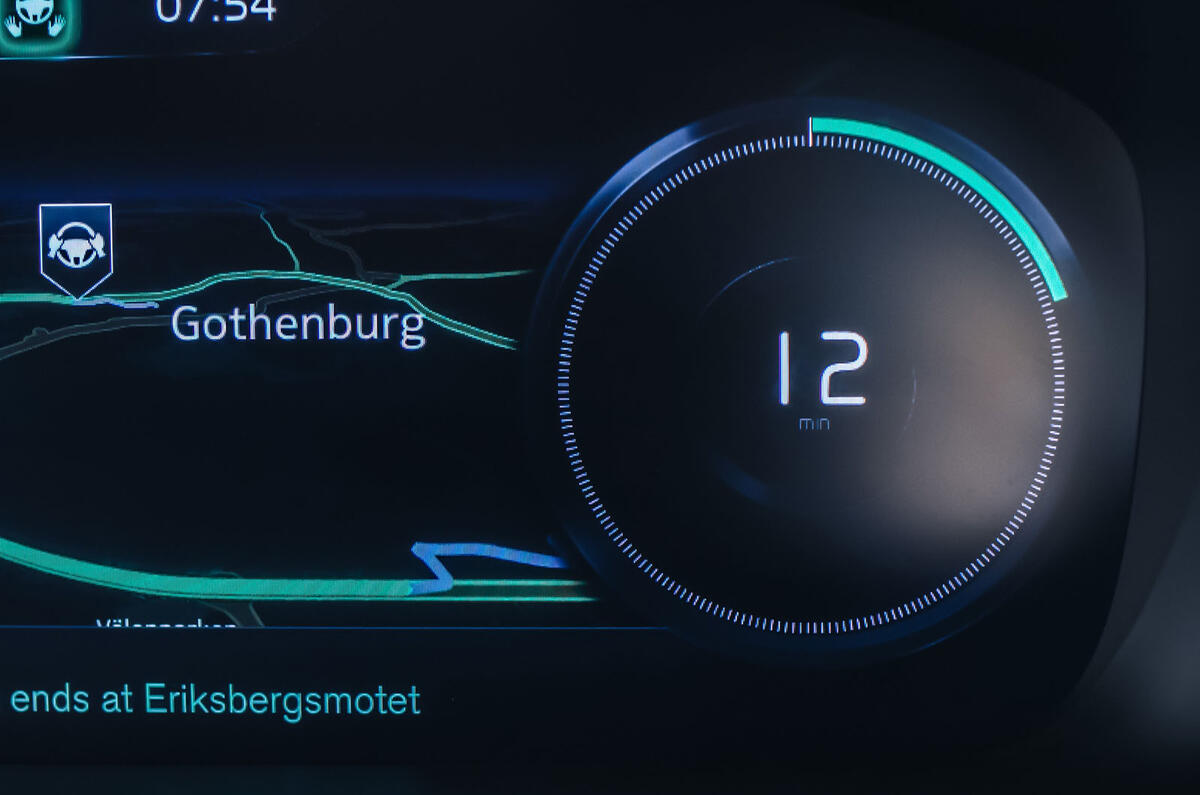
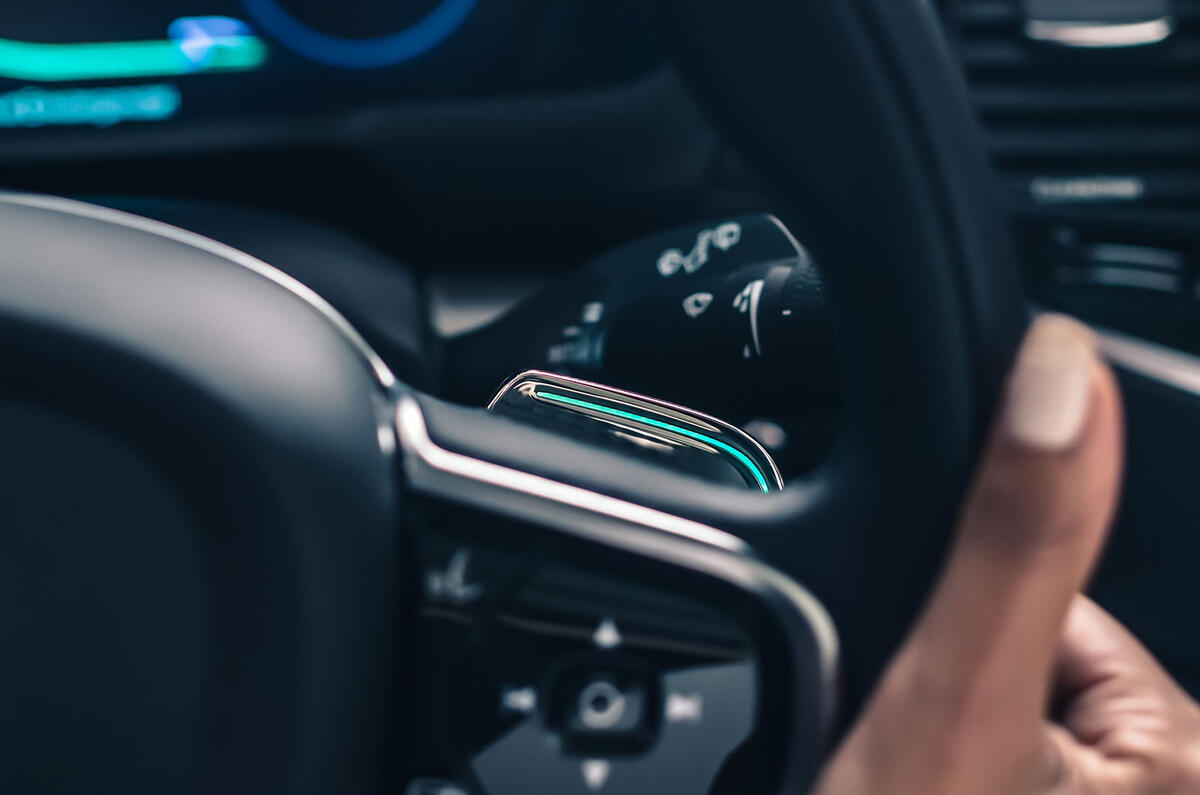
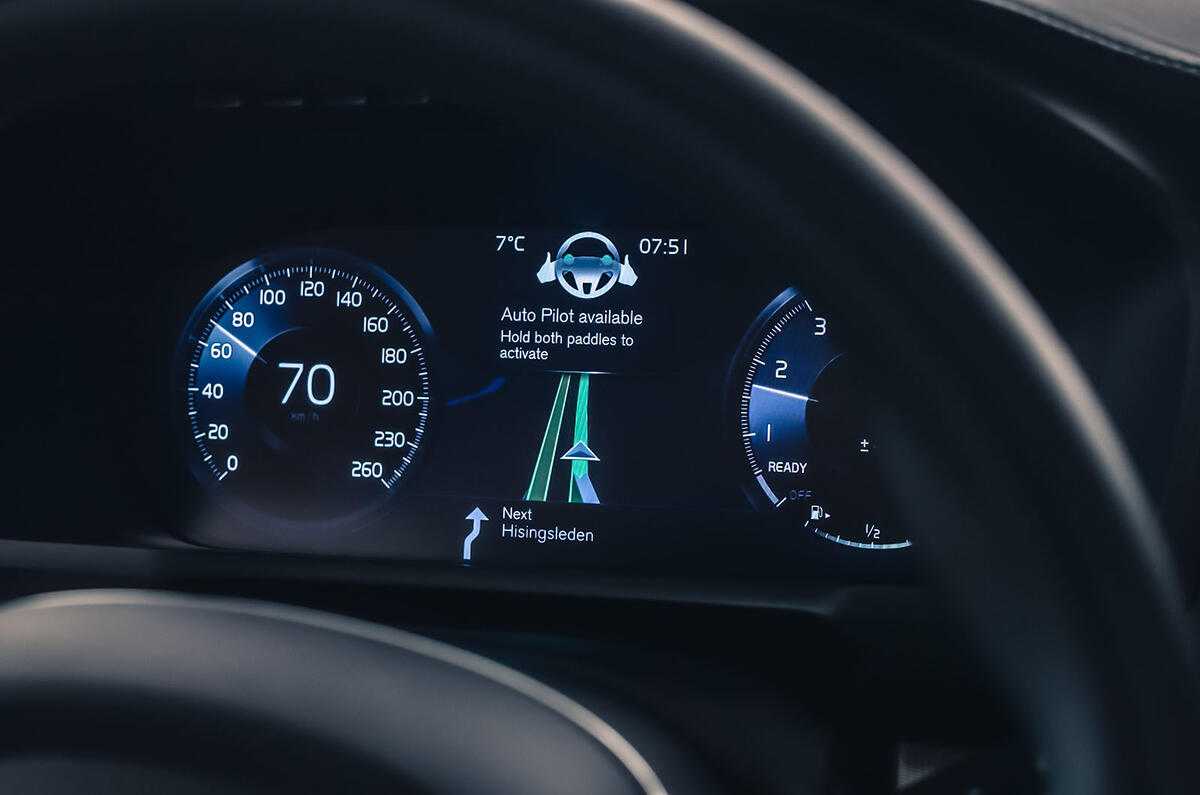
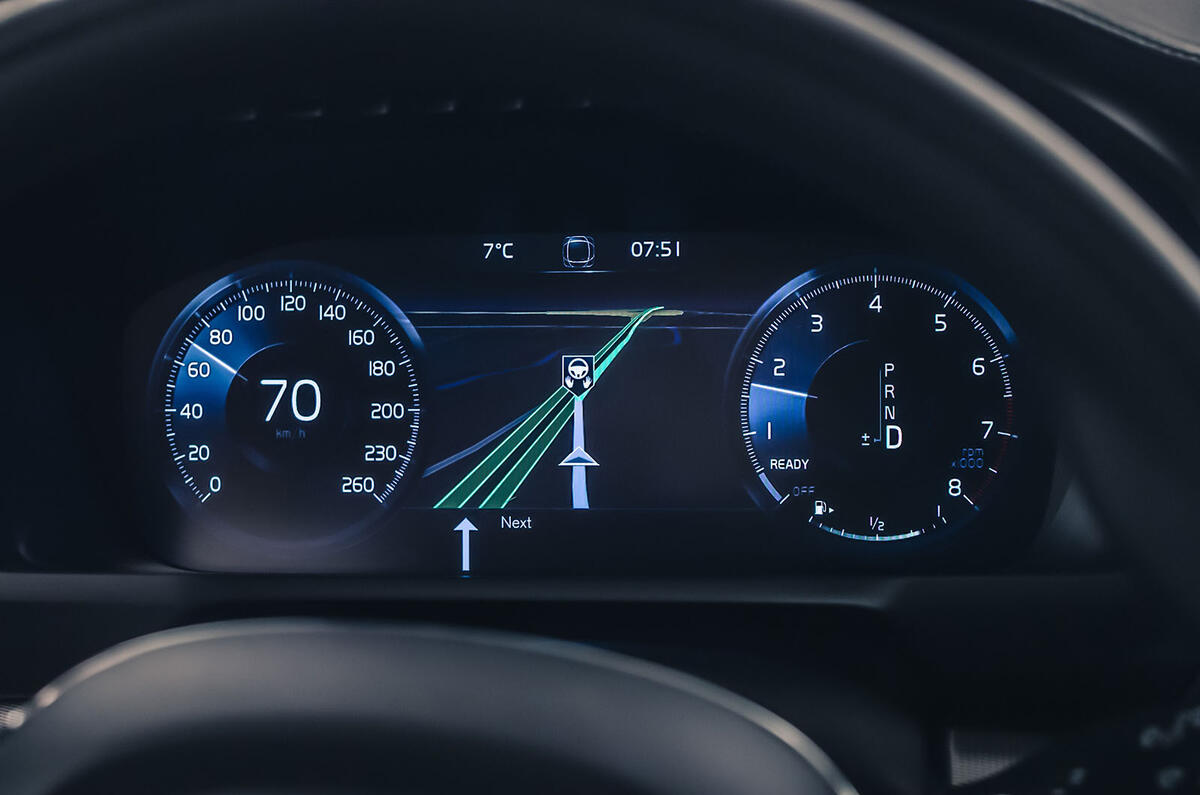


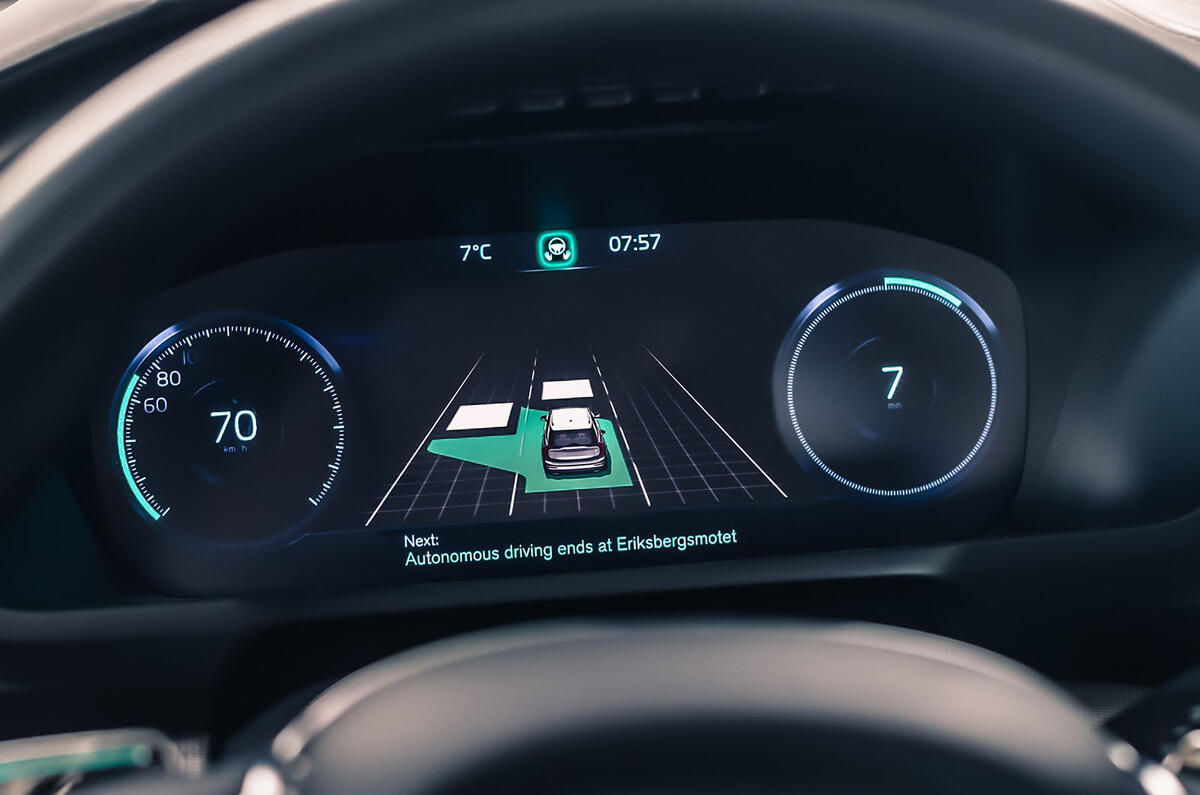
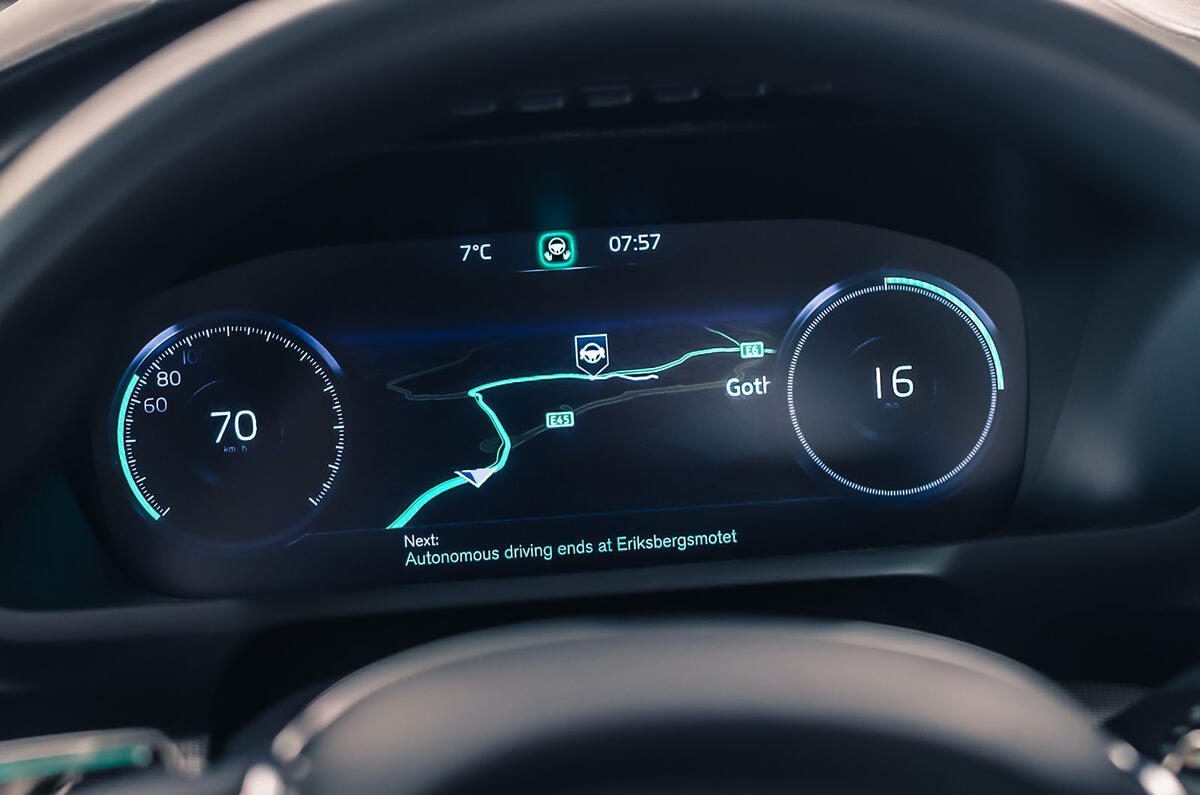















Join the debate
Add your comment
Drivers?
Drivers?
Drivers?